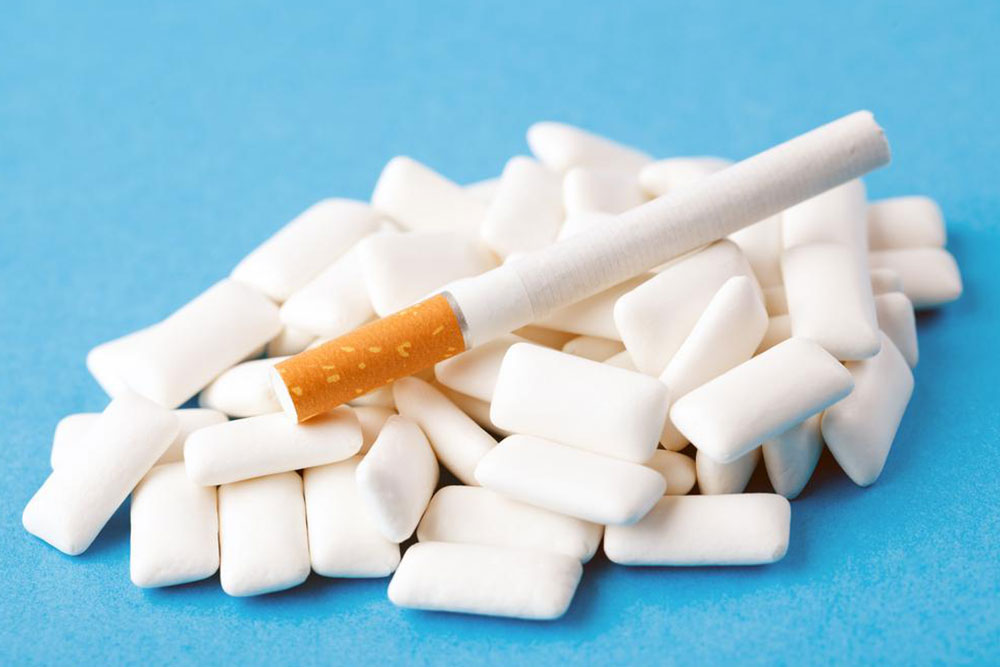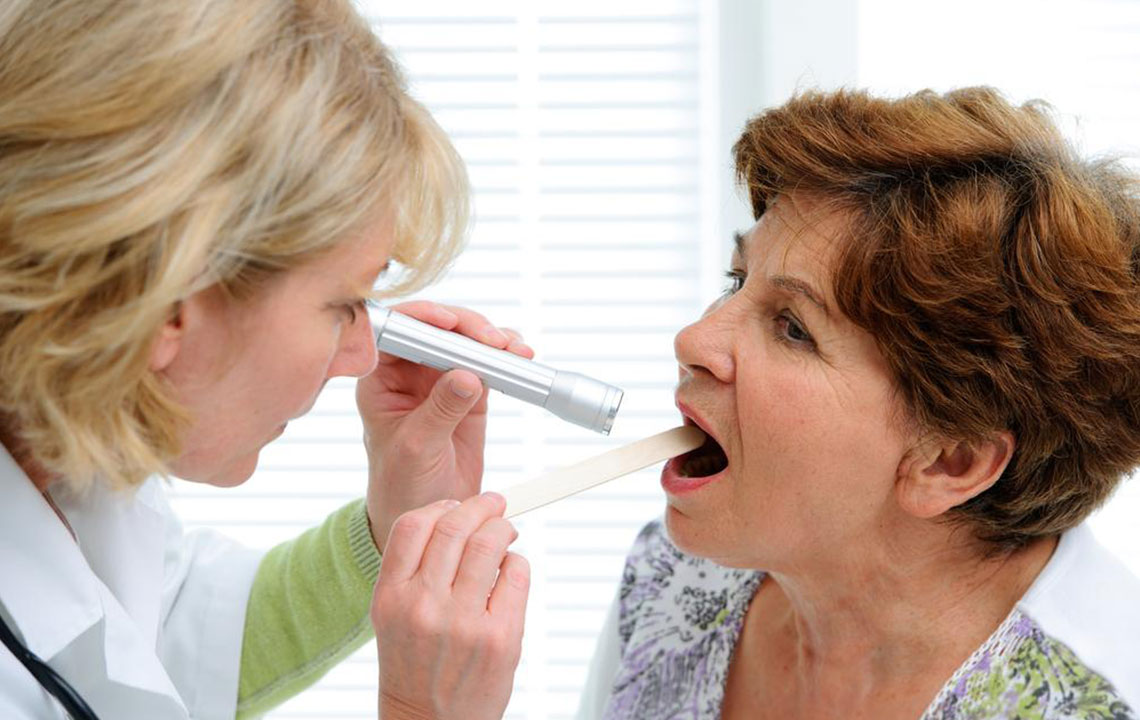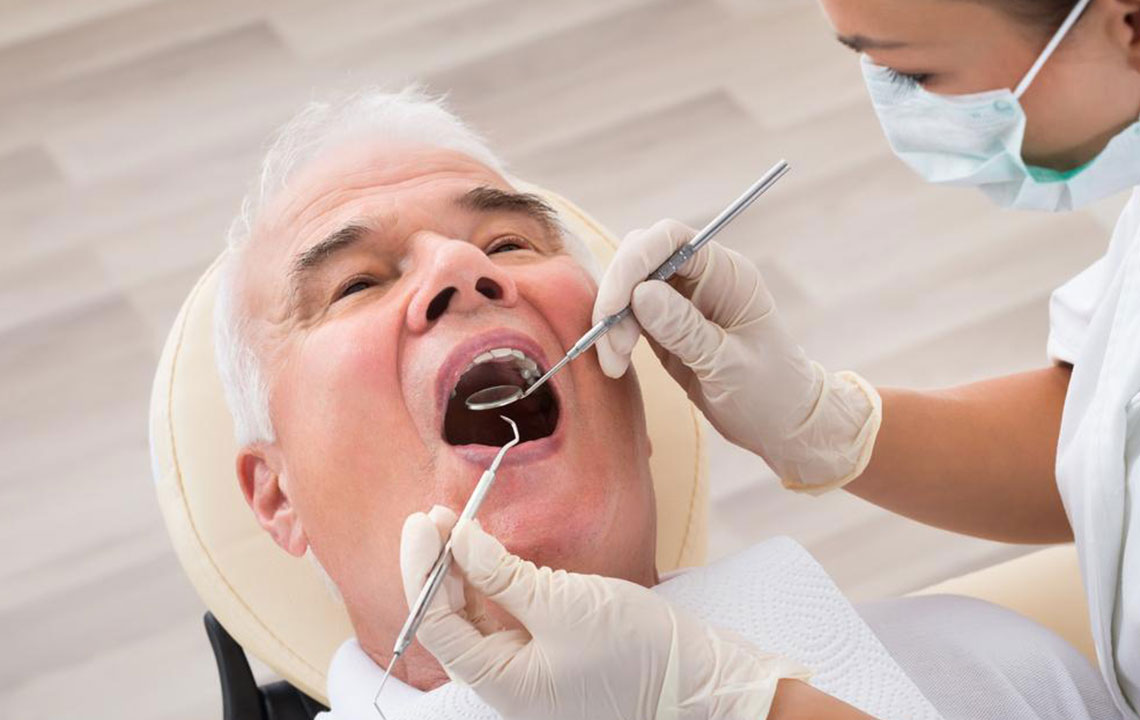Comprehensive Analysis of How Tobacco Use Affects Oral and Dental Health
This article explores the severe impact of tobacco use on oral health, detailing how smoking and other tobacco products damage teeth, gums, and oral tissues. It highlights common issues such as staining, gum disease, and oral cancers, emphasizing the importance of quitting tobacco for better dental health. Preventive measures, treatment options, and the critical role of good hygiene are discussed thoroughly. Early intervention and cessation support are key to reversing damages and maintaining oral wellness. A comprehensive understanding encourages smokers and users to make informed decisions to protect their oral health and overall well-being.

Comprehensive Analysis of How Tobacco Use Affects Oral and Dental Health
Tobacco consumption, whether through smoking cigarettes, cigars, or using smokeless products like chewing tobacco, exerts a profound negative impact on oral health. This harm is not limited to heavy or habitual smokers; even occasional use can lead to significant dental problems. The oral cavity is highly sensitive to the toxic chemicals found in tobacco, which can cause a cascade of health issues affecting teeth, gums, and the overall integrity of oral tissues. Many individuals underestimate the extent of damage caused by tobacco, but research substantiates the fact that no level of tobacco use is entirely safe when it comes to oral health. It is crucial to comprehend the various ways tobacco impacts the mouth, to promote awareness, preventive measures, and effective treatment options.
In this comprehensive article, we explore the multitude of oral and dental health issues associated with tobacco use, backed by scientific evidence and expert opinions. We examine common conditions like stained teeth, bad breath, gum disease, and oral cancers, along with more complex problems such as delayed wound healing, decreased success rates of dental implants, and leukoplakia. Additionally, we discuss how tobacco accelerates the deterioration of oral health, the importance of early intervention, and strategies for quitting tobacco to restore and maintain oral health.
Unpleasant breath caused by tobacco residues and bacterial buildup
Discolored or stained teeth, often yellow or brown, diminishing aesthetic appearance
Swelling, soreness, or lumps on the palate and within oral tissues
Increased risk of developing oral cancers due to carcinogenic compounds in tobacco
Delayed healing processes following dental surgeries, including extractions or implants
Poor integration of dental implants, reducing their longevity and success
White patches inside the mouth known as leukoplakia, which can be precancerous
Progressive destruction of supporting gum tissues leading to tooth loss
Accumulation of plaque and tartar, causing discoloration and increasing cavity risk despite diligent oral care
Smoking and other forms of tobacco use significantly expedite the staining of teeth and promote plaque formation, which can lead to cavities and serious gum conditions. The chemicals in tobacco impair immune function, which diminishes the body's ability to fight off infections in the mouth. Even individuals who smoke only occasionally are at risk of developing these oral health issues. Quitting tobacco can be a transformative decision; with resources like nicotine replacement therapy, patches, and behavioral support, cessation is achievable. Post-cessation oral hygiene practices become even more critical to reversing some damages and preventing further deterioration.
Maintaining good oral hygiene—regular brushing, flossing, dental check-ups, and professional cleanings—is essential, especially for individuals who have a history of tobacco use. Addressing oral health issues early increases the chances of recovery and can prevent severe conditions such as periodontitis, which threatens the stability of teeth by attacking supporting tissues. Furthermore, tobacco-induced immune suppression means that infections in the mouth tend to be more aggressive and difficult to resolve. Therefore, actively working to cease tobacco use can dramatically improve oral and overall health, restoring confidence through a healthier smile.





